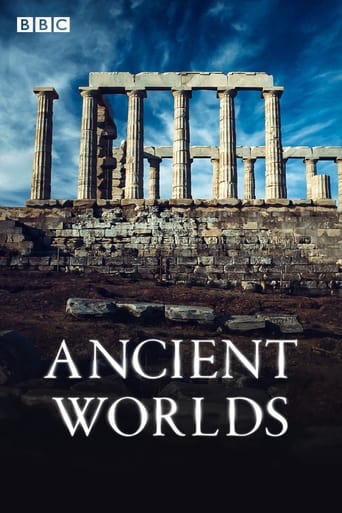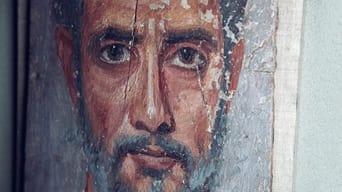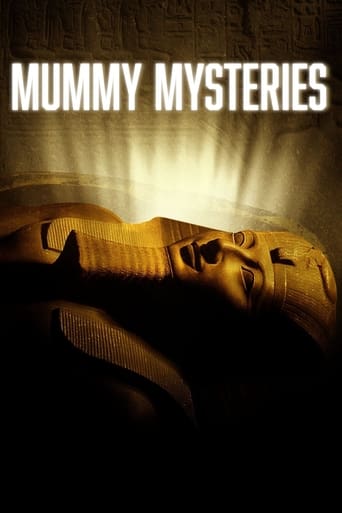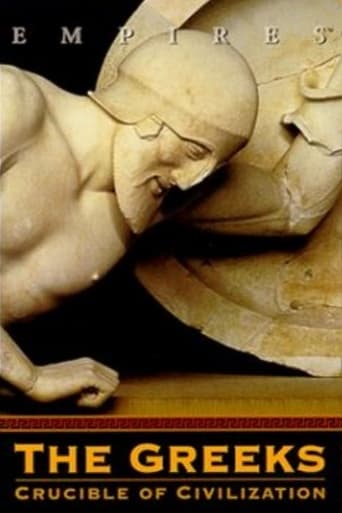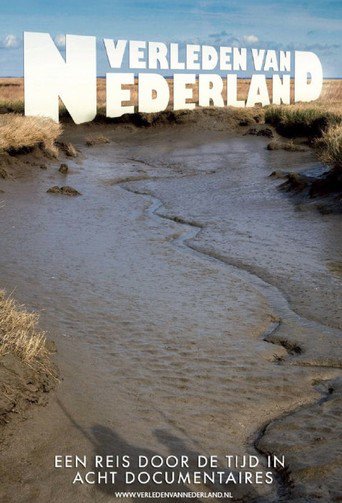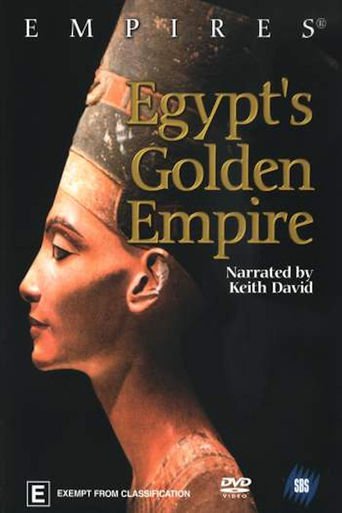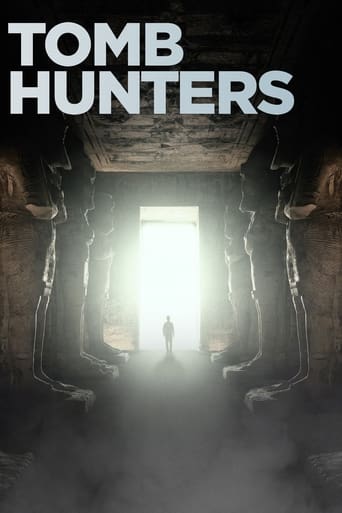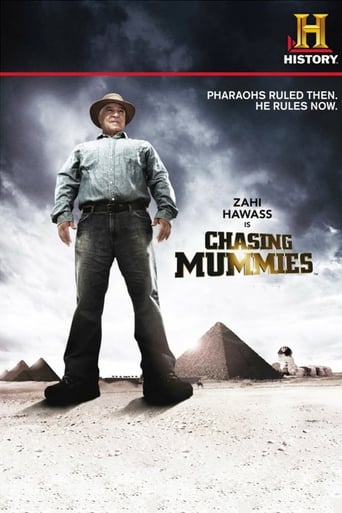Ancient Worlds (2010)
Ancient Worlds
2010 / NR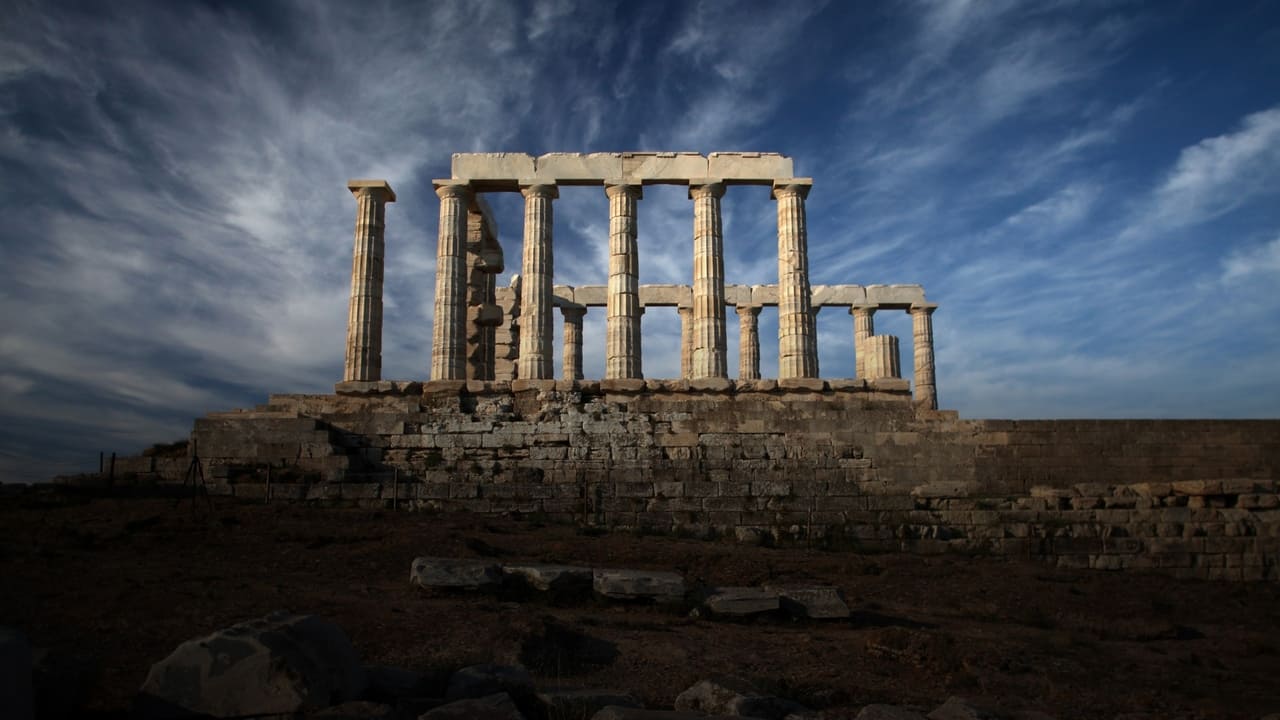
Archaeologist and historian Richard Miles traces the development of Western civilization, from the first cities in Mesopotamia to the fall of the Roman Empire. In this six-part series, Miles travels through the Middle East, Egypt, Pakistan and the Mediterranean to discover how the challenges of society -- religion and politics, art and culture, war and diplomacy, technology and trade -- were dealt with and fought over in order to maintain a functioning civilization. Stories are told of disappeared, ruined and modern cities, from ancient Iraq to modern Damascus, to reveal how successes and failures of the ancients shaped the world today.
Seasons & Episode
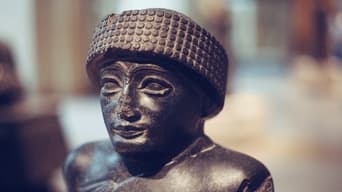
Archaeologist and historian Richard Miles travels to Syria, Egypt, Anatolia and southern Greece to examine how the first societies were created and organised, with agriculture, city-building, religion, art and trade the basic pillars from which these complex social systems rose to power
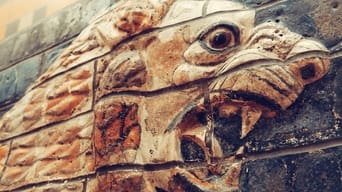
Archaeologist and historian Richard Miles examines the collapse of the Bronze Age 3,000 years ago, and how the civilisations of the subsequent Iron Age emerged. He explores the former Phoenician cities of Byblos and Tyre and their technological contributions, including the alphabet and deep-water sailing, before heading to Israel to learn how the Assyrian war machine affected small local powers

Richard Miles examines the paradoxes of Greek civilisation. The archaeologist and historian explains how despite being famed for its artistic, cultural and scientific achievements, this society based around city-states was also renowned for its political intrigue, brutal warmongering and deep social inequalities

Archaeologist and historian Richard Miles explores the triumphs and legacy of Alexander the Great, the conqueror who rose from the minor kingdom of Macedon and went on to control a vast empire stretching to Persia. The presenter also focuses on those who succeeded him after his demise in Babylon, and how they tried to maintain the empire by cunning rather than by the sword

Richard Miles travels to Sicily and North Africa to explore the rise of the Roman Republic, from its fratricidal mythical beginnings, to its emergence as a powerful empire. Beginning in a cluster of hill villages, the Romans achieved the domination of the Mediterranean after defeating Carthage, and the historian argues that, as the territorial expansion started and the violence increased, Rome became its own worst enemy
Archaeologist and historian Richard Miles traces the development of Western civilization, from the first cities in Mesopotamia to the fall of the Roman Empire. In this six-part series, Miles travels through the Middle East, Egypt, Pakistan and the Mediterranean to discover how the challenges of society -- religion and politics, art and culture, war and diplomacy, technology and trade -- were dealt with and fought over in order to maintain a functioning civilization. Stories are told of disappeared, ruined and modern cities, from ancient Iraq to modern Damascus, to reveal how successes and failures of the ancients shaped the world today.
Watch Trailer
Free Trial Channels


